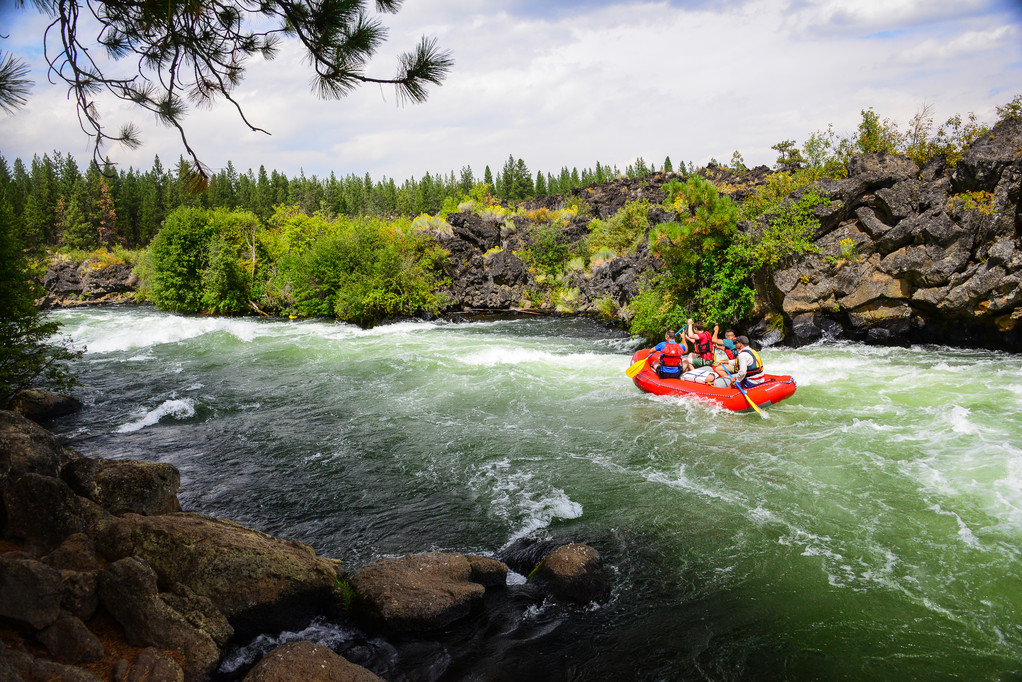With the recent mild, almost spring-like winter temperatures, many locals and visitors alike are taking to the water, rather than the ski slopes, to recreate in Central Oregon. Being unguarded in the water, especially when water temperatures are low is extremely dangerous.
According to the National Center for Cold Water Safety, immersion in cold water is immediately life threatening for anyone not wearing thermal protection such as a wet suit or dry suit. If you’re not using thermal protection, cold water making contact with the skin creates cold shock, and causes an immediate loss of breathing control. This becomes a threat to life even if the water is calm and you know how to swim. Cold water immersion can also cause the heart rate and blood pressure to spike, which increases the risk of heart attack and stroke for some. Some cold water deaths happen immediately and others can take hours. Shock can happen within five minutes while breathing problems can persist for longer. If you’re lucky enough to survive the shock phase, you may lose the ability to use your hands and arms within minutes. Hypothermia kicks in after about 30 minutes. Even those lucky enough to be rescued are at risk of heart failure or unconsciousness when being removed from the water due to drops in blood pressure.
Being prepared is your best option of staying safe and enjoying the water in Sisters Country year round. Below are some tips the National Center for Cold Water Safety promotes as their 5 Golden Rules:
- Always wear your personal flotation device. It doesn’t do you any good to just have it available – wear it at all times in the water.
- Always dress for the water temperature – no exceptions. No one plans to fall in the water, especially during the winter months where water is at its coolest. Dressing appropriately could save your life.
- Field-test your gear.
- Swim-test your gear every time you go out.
- Imagine the worst that can happen and plan for it.
To learn more about the dangers of cold water, please visit http://www.coldwatersafety.org
###

